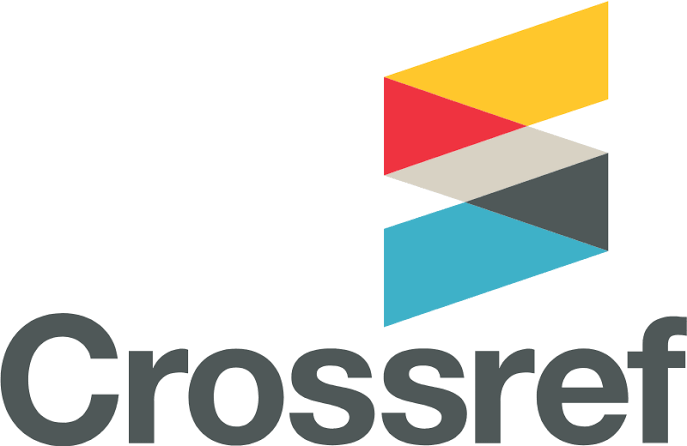AFRICAN UNION, CONFLICT RESOLUTION AND MALIAN CONFLICT, 2012-2022
DOI:
https://doi.org/10.5281/m.v7i1.132Keywords:
Malian Conflict, Conflict Resolution, African Union, International capitalismAbstract
This study examines the African Union challenges towards resolution of Malian between 2012 and 2022. The study was guided by international capitalism theory as theoretical framework of analysis and the idea of the theory is rooted in the historical import of colonialism and imperialism on Africa by the western nations. The study adopted qualitative descriptive research design and data were collected from secondary sources which included textbooks, newspapers, journals and the data were analyzed using qualitative-descriptive analysis. The study found out that finance, political will, complexity of the African conflicts, regional and global actors and structural challenges are the impediment factors to the efforts of the African Union in resolving the Malian conflict. The study amongst other things recommends that African Union’s operations should be adequately funded. The study also recommends that African states and their leaders should be encouraged to timely and appropriately pay up assessed contributions. Furthermore, the study recommends that African countries should settle and resolve their conflicts in African way by upholding the ‘‘Ubuntu’’ philosophy which emphasizes interconnectedness, community and mutual support. This approach encourages conflicting parties to recognize their shared humanity and work towards a common goal.
Downloads
Published
How to Cite
Issue
Section
License
Copyright (c) 2025 Multi-Disciplinary Research and Development Journals Int'l

This work is licensed under a Creative Commons Attribution-NonCommercial-NoDerivatives 4.0 International License.











